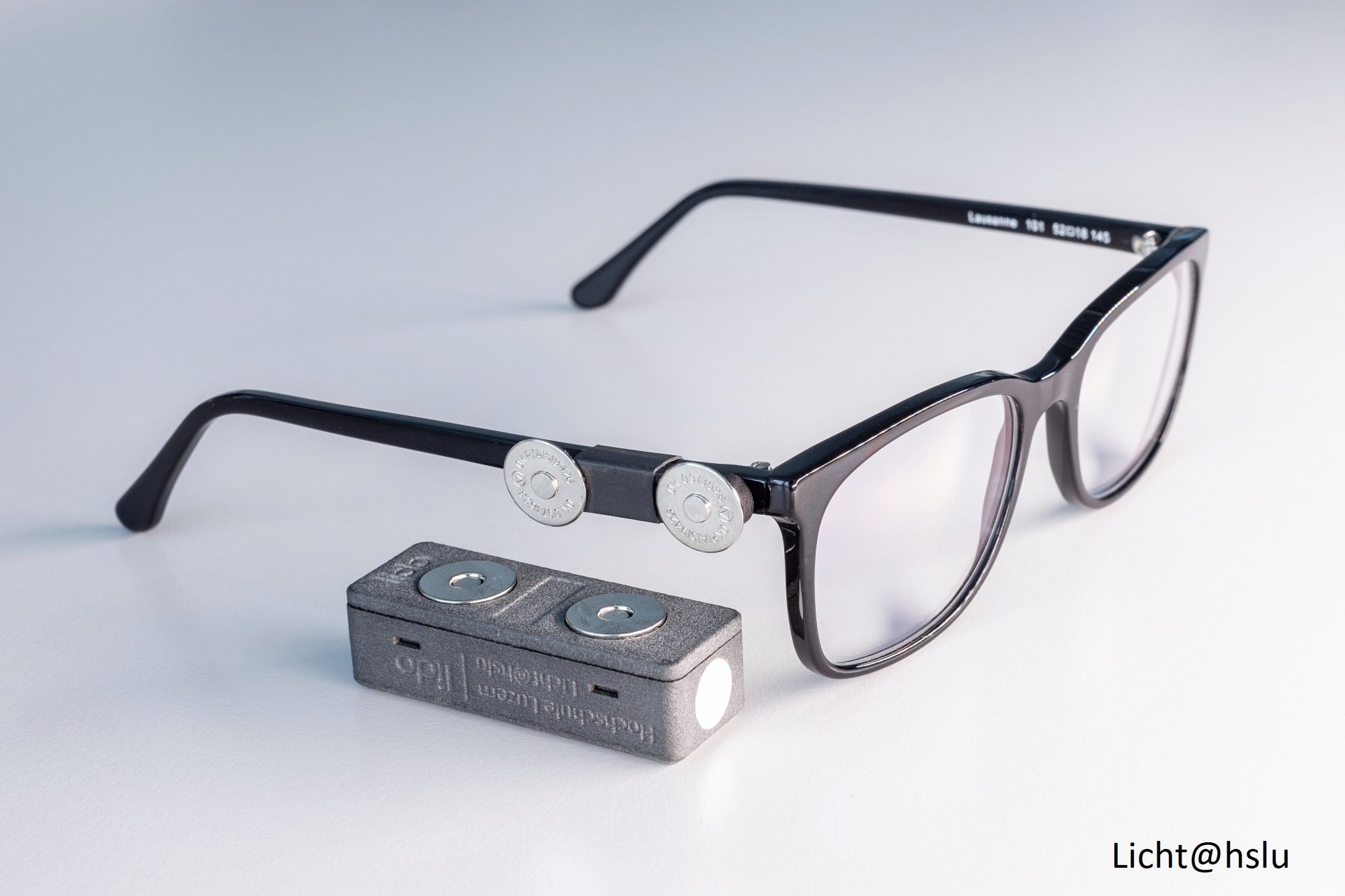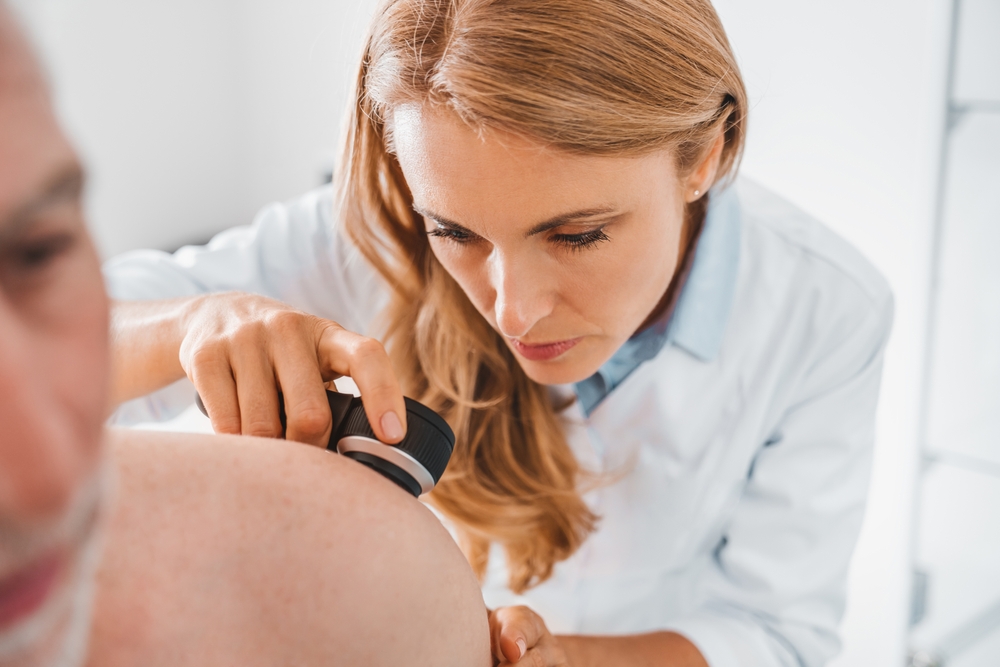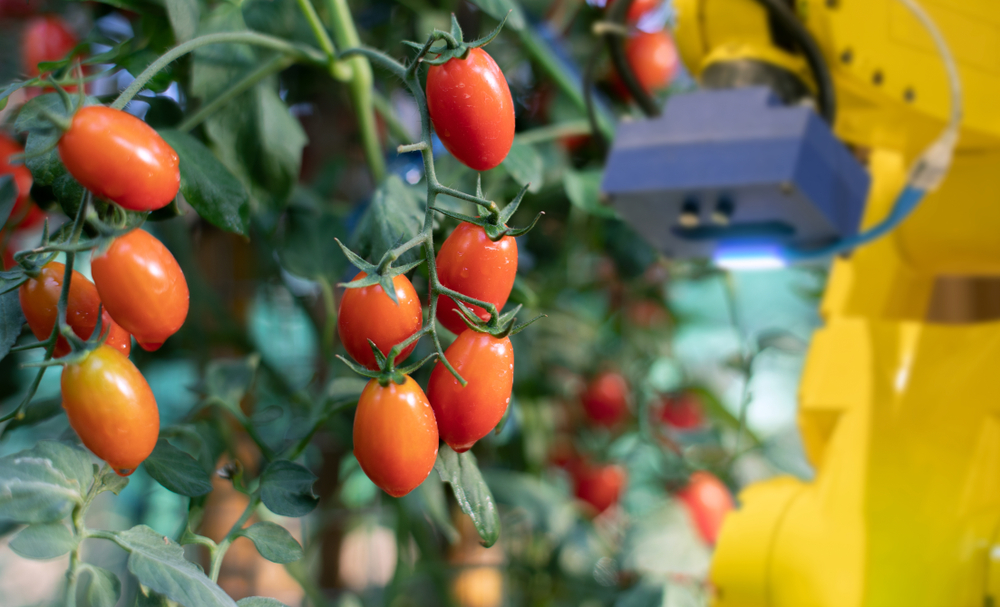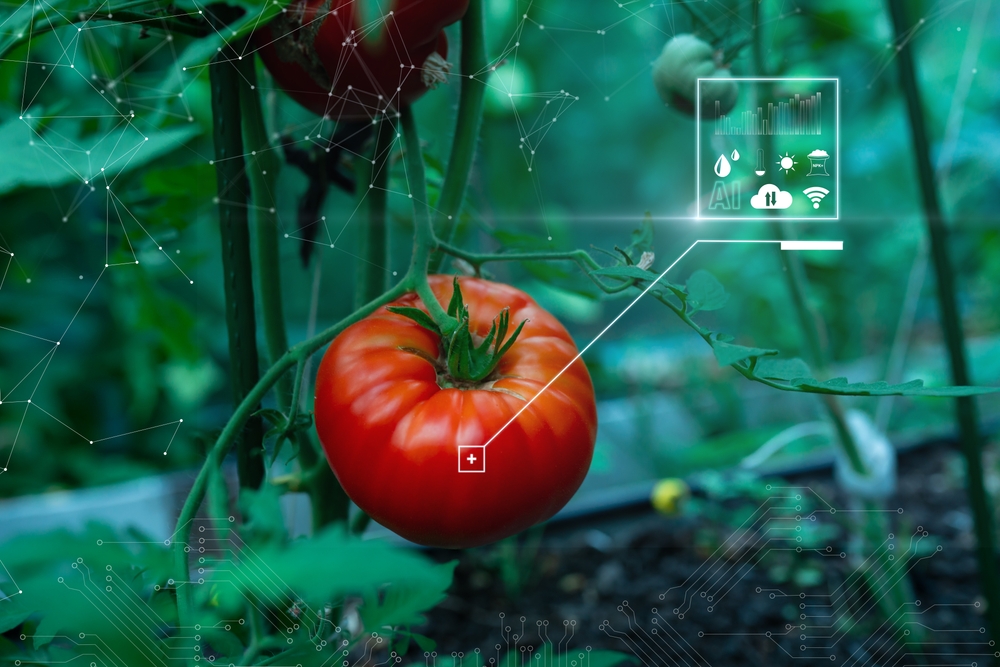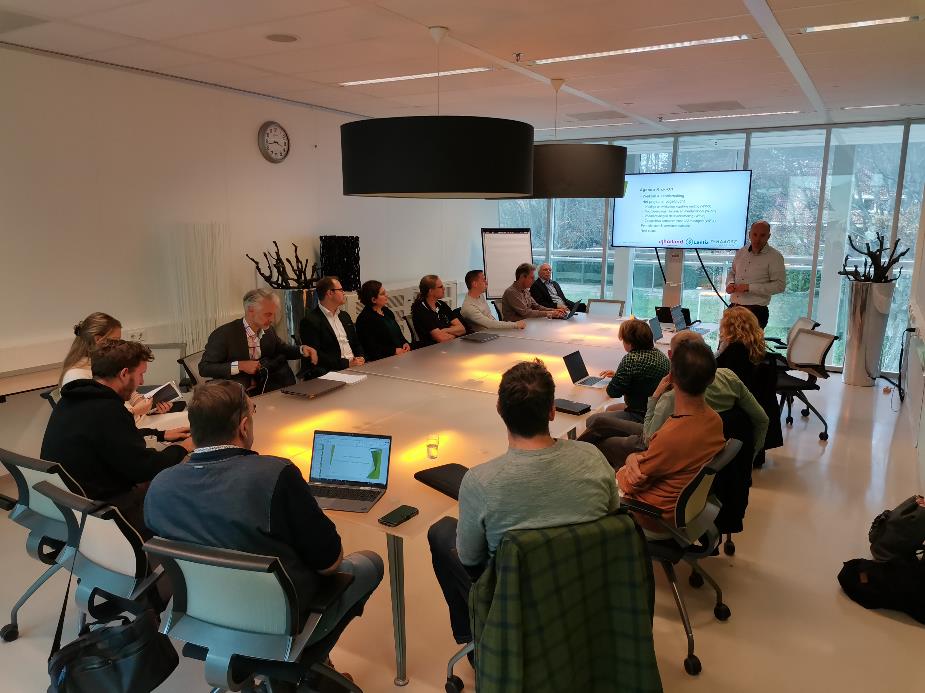Photonics
Centre of Expertise Digital Operations & Finance
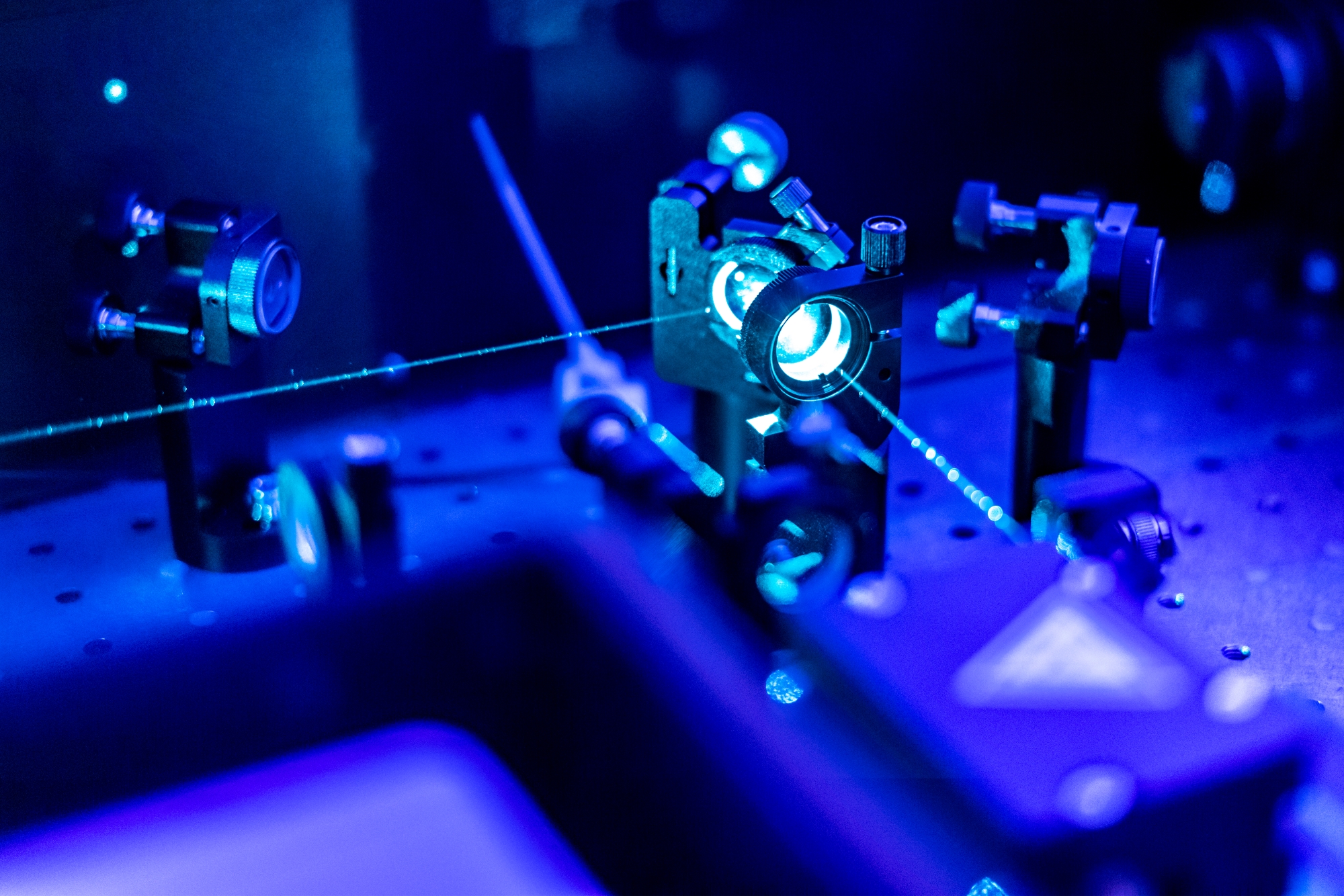
Introduction
How to contribute to a more sustainable world with photonics?
Photonics is the science and technology of light generation, transportation, manipulation and detection. During the past decades it has developed into a versatile and important technology, playing a vital role in our modern society. Photonics is a key technology to address grand societal challenges on circular economy, food supply and health care. The goal of the research group on Photonics, which has started on the 1st of January 2021, is to contribute to a more sustainable world with applied research on photonics.
About the research group
How can we measure the ripeness of crops? How can we minimize the amount of materials used for products? How to measure the quality of air at a particular location? How can we diagnose diseases faster and cure them more effectively? Just a few examples of questions related to the grand societal challenges on circular economy, food supply and health care. Photonics plays an important role in addressing these challenges. For example, think of energy-saving LED-lighting, solar panels, fast communication over fiber network, laser surgery or the use of a wide variety of optical sensors.
The mission of the research group Photonics is to contribute to a healthy world and a sustainable economy by developing practical photonic applications. In parallel, the research group contributes to the education of professionals in the field of photonics, which is highly needed in order to realize the ambitions of the growing photonics sector.
The photonics research of targets the application areas High-tech Industry, Agri & Food, Energy & Environment, Health and Mobility. Digital technology plays an important role in these application areas, in which photonics is widely used to acquire digital data. Spectroscopy, metrology and imaging are the key words characterizing the research. The application of optical sensors, like spectrometers or optical fiber-based sensors, will play a central role here. The motto of the Dutch physicist Heike Kamerlingh Onnes ‘through measurement to knowledge’, supplemented with ‘through knowledge to action’, will be the guiding principle of the Photonics research group.
About the professor
dr. Steven van den Berg
Steven van den Berg studied physics at Leiden University. In 2002 he obtained his PhD degree in physics, also at Leiden University. His PhD research was on the dynamics of light-emitting polymer lasers, which was studied with ultrafast lasers. Subsequently, he started as a research scientist at VSL, the national metrology institute of the Netherlands, where he was appointed as principal scientist in 2009. Driven by new developments in physics and by requests from the market, he focused on research and development in the field of optical measurements, often in collaboration with national and international partners. Examples of this work vary from highly accurate long distance measurement with frequency comb lasers, to the measurement of nanometer scale displacement with a Fabry-Pérot interferometer and from the calibration of spectrometers for Earth observation to the measurement of flicker of LED-lamps. Optics and photonics have been the cross-cutting theme in his carrier for about 25 years. Since January 1st 2021 he has been appointed as a professor in Photonics at The Hague University of Applied Sciences.

Photonics plays a key role in the transition towards a sustainable world.
Team
Within our research group, researchers, lecturer-researchers and students work closely with practice partners to conduct research. Together they are committed to translating the results of the research -knowledge and insights- into the practice of education and the region.
